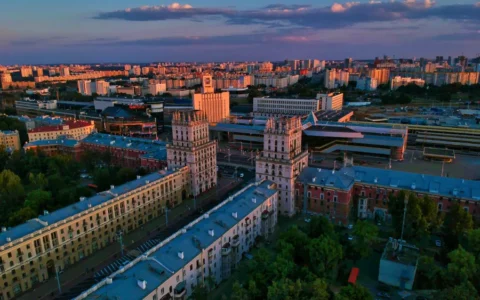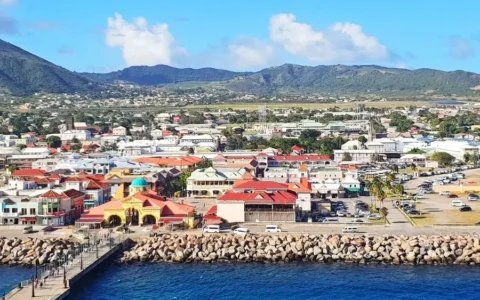Malta is increasingly becoming a favorite destination for British expatriates looking for a serene retirement spot, thanks to its favorable climate and enticing tax benefits. The island stands out as an ideal locale amidst the closure of similar residency-through-investment programs in other parts of Southern Europe.
Richard Long, a 77-year-old retiree from Southampton and an avid sailor, chose Malta as his retirement base primarily for its strategic location which allows easy access to various Mediterranean destinations. Malta’s appeal is enhanced by its golden visa program, which is now the most popular of its kind according to Henley & Partners, especially after recent restrictions and closures of similar programs in Spain and Greece.
Tax and Residency Perks in Malta
Long is in the process of obtaining a retirement visa in Malta, which mandates the purchase of immovable property worth at least €275,000 in northern Malta. This visa permits six-month stays and offers considerable tax advantages, including a flat tax rate of 15% on foreign income, subject to a minimum annual tax of €7,500. Additionally, Malta
does not impose wealth, gift, or inheritance taxes, though a 5% duty on causa mortis transfers applies.
Cost of Living and Quality of Life
The cost of living in Malta is another attractive feature for retirees like Long. Day-to-day expenses are significantly lower than in the UK, with energy prices remaining stable and other essentials like petrol being more affordable. However, Long notes that Malta can feel overcrowded at times, particularly when cruise ships arrive, flooding the small island with tourists.
Navigating Residency Options
Apart from the MRP scheme for retirees, Malta offers several other residency options, including the Malta Permanent Residence Programme (MPRP) which allows non-EU nationals to obtain residence by purchasing or renting property and making a government contribution. Starting January 2025, this program will require a property purchase of at least €375,000 or a rental over €14,000 per year, along with a government fee of €30,000.
For those seeking citizenship, the Malta Citizenship for Exceptional Services by Direct Investment offers a fast track to EU citizenship, requiring substantial financial investment in property and government contributions.
Challenges and Opposition
Despite the perks, the EU has criticized Malta’s golden visa and passport schemes, suggesting they may encourage corruption, tax evasion, and money laundering. Meanwhile, the real estate market in Malta continues to thrive, driven by foreign demand, which has kept property prices on the rise. Rising UK taxes are driving wealthy British people to consider Malta. Frank Salt Real Estate reports a doubling of British clients registering for residency in the last six months. Demand from American, Chinese, and South African buyers has also increased house prices by 7% in Q2 2024 compared to 2023.
British retirees prefer Sliema and St Julian’s for new-build apartments, while those on a budget opt for St Paul’s Bay or Mellieha. Property purchase and visa costs are high, with stamp duty at 5% and total purchase costs for second-hand properties around 7%. The visa itself costs €5,000 to €7,000.
Long, meanwhile, is drawn not only by the financial benefits but also by the cultural and historical richness of Malta, which resonates with his personal interests and lifestyle preferences.
This blend of financial incentives, lifestyle benefits, and a welcoming expat community makes Malta an increasingly popular destination for retirees like Long, seeking a balanced, fulfilling life post-retirement.






